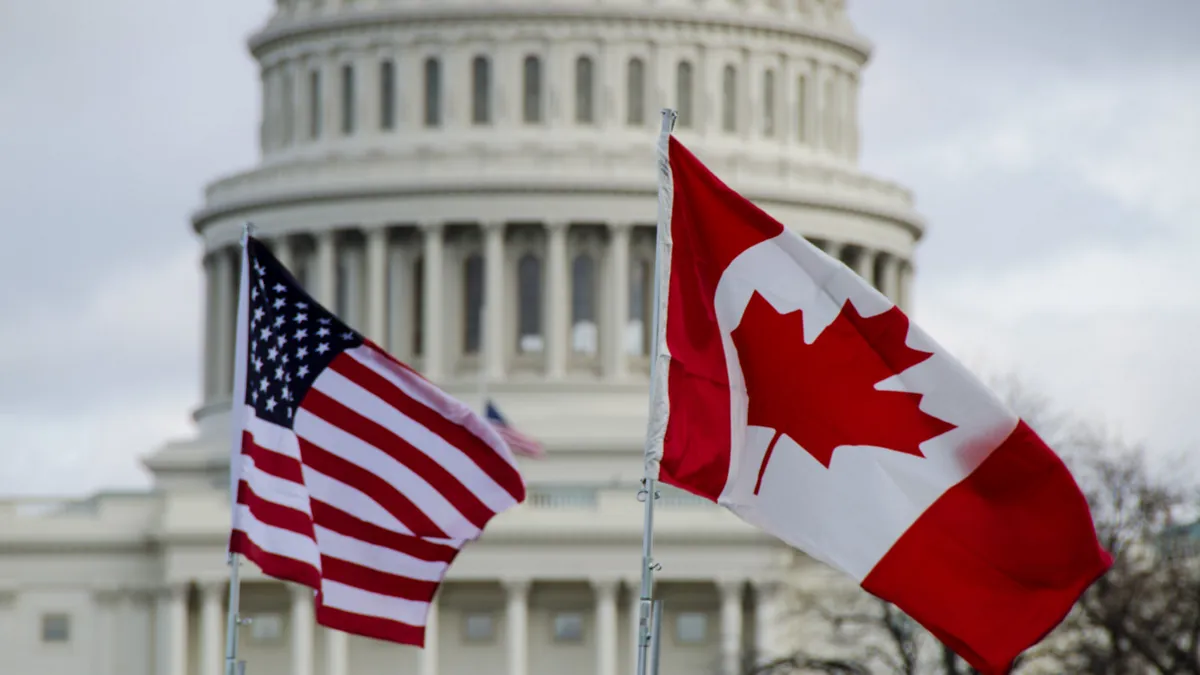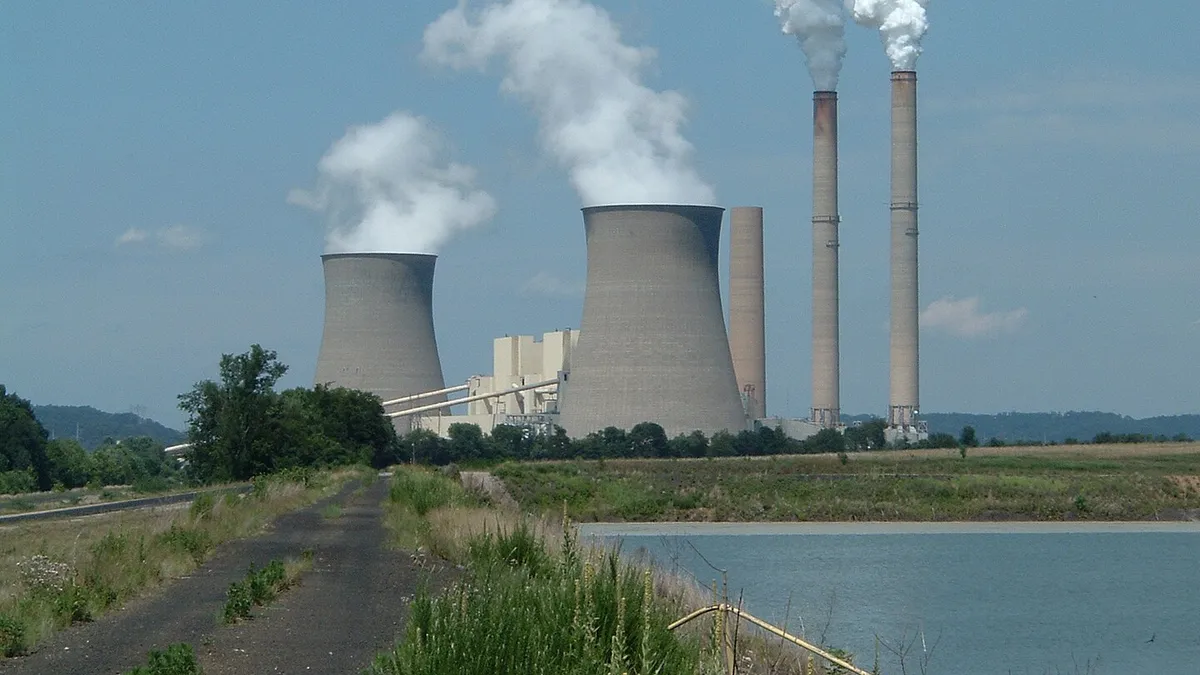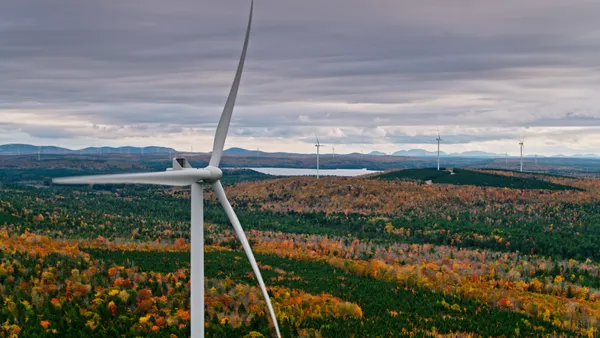Dive Brief:
-
Canada's government and 10 provinces will soon agree a national carbon price, several news outlets report.
-
Trudeau says the carbon price – the first of its kind in Canada – would help the country meet its targets under the 2015 Paris environmental accords.
- The announcement strikes a sharp contrast with the stance of U.S. President-elect Donald Trump. During his presidential campaign Trump said he would pull out of the Paris agreement because it would hurt the U.S. economy.
Dive Insight:
In June heads of state from the United States, Mexico and Canada struck a deal to produce 50% of their combined electricity by 2025 from clean energy sources, including wind, solar, nuclear and hydropower.
The agreement builds on the Obama Administration’s clean power efforts such as the Environmental Protection Agency’s Clean Power Plan and signing of the Paris Climate Agreement last year.
But since then the policies of the U.S. and its northern neighbor have diverged. The CPP is under a judicial stay imposed by the Supreme Court, and Trump has vowed to cancel it if it is not thrown out in court.
The President-elect also just picked climate change critic Scott Pruitt to head the EPA.
Under Trudeau's plan, carbon pollution would cost C$10 (US$7.60) a tonne in 2018, rising by C$10 a year until it reaches C$50 in 2022. The provinces would be able to either implement a carbon tax or a cap-and-trade market. If they opt out, Ottawa would imposed a carbon price.
"We think that we've struck the right balance ... it's tough to speculate on what President-elect Trump will do. We will be defending Canada's interests on the basis of the action of the new administration," Canada’s Natural Resources Minister Jim Carr said in a statement.














